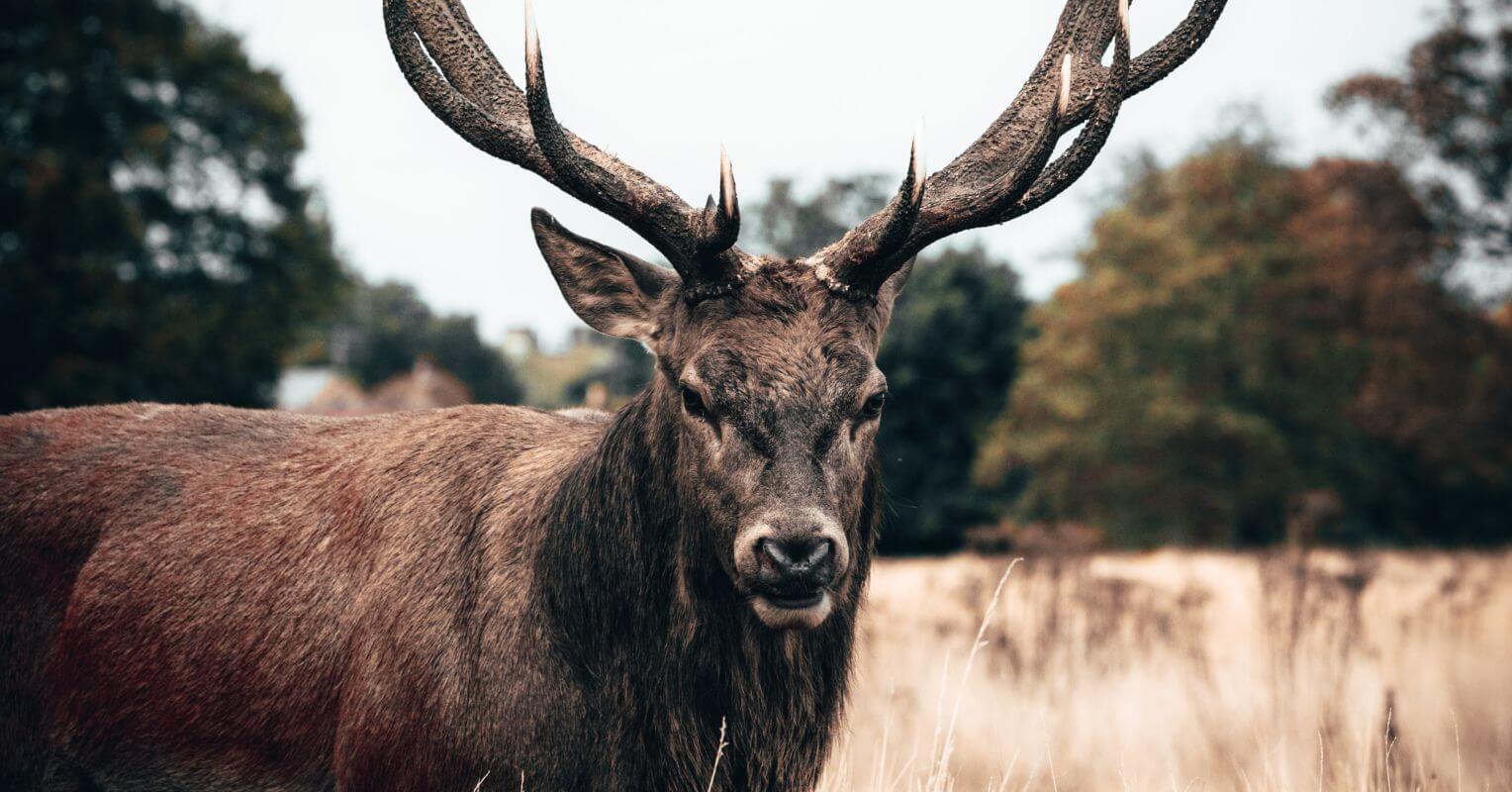For centuries, humans have been hunting for food, clothing, and other resources necessary for their survival. As our society has evolved, so too have our views on hunting. While hunting was once seen as a necessary part of life, many people today question whether it is ethical to kill animals for sport or recreation. In this blog post, we will explore the question of whether hunting, particularly bow-hunting elk, is ethical.
What is Hunting?
Before we can dive into the ethical implications of hunting, we need to define what hunting is. Hunting is the act of pursuing, capturing, and killing wild animals. The reasons for hunting vary widely, from obtaining food and resources to sport and recreation. Hunting can take many forms, including bow-hunting elk, which is a popular type of hunting in North America.
Arguments for Hunting
Those who support hunting argue that it is ethical because it helps control animal populations and prevents overgrazing and other environmental issues. They also argue that hunting can provide a source of food for families and communities and that it can be a way to connect with nature and the outdoors.
Arguments against Hunting
According to PETA, hunting, which was once a vital component of human survival 100000 years ago, has now become a predominantly violent leisure activity with little practical value for the majority of people. Opponents of hunting argue that it is unethical to kill animals for sport or recreation. They point to the fact that many animals suffer needlessly as a result of hunting, and that some species are threatened or endangered as a result of habitat loss and other environmental factors. They also argue that hunting is often done for personal pleasure or ego, rather than for any practical or necessary reason.
The Ethics of Bow Hunting Elk
When it comes to bow hunting elk, there are several ethical considerations to take into account. One of the main arguments in favor of bow hunting elk is that it can be a more humane way of killing an animal than some other hunting methods. Bow hunting requires skill and accuracy, and if done correctly, can result in a quick and clean kill that minimizes suffering.
However, opponents of bow-hunting elk argue that the use of a bow and arrow can also result in animals being wounded and suffering for extended periods before they die. Additionally, there is the question of whether it is ethical to hunt an animal solely for sport or recreation, rather than for any practical or necessary reason.
Conclusion
In the end, the question of whether hunting and specifically bow hunting elk is ethical is a complex one with no easy answers. While there are arguments to be made on both sides, it is clear that hunting is a deeply ingrained part of human culture and history. Whether it is ethical or not is ultimately a matter of personal opinion and values.
As hunters, it is important to remember that with the privilege of hunting comes the responsibility to hunt ethically and responsibly. This means following all hunting regulations and guidelines, respecting the animals we hunt, and always striving to minimize suffering and waste. Only then can we truly say that hunting is an ethical and sustainable activity?

